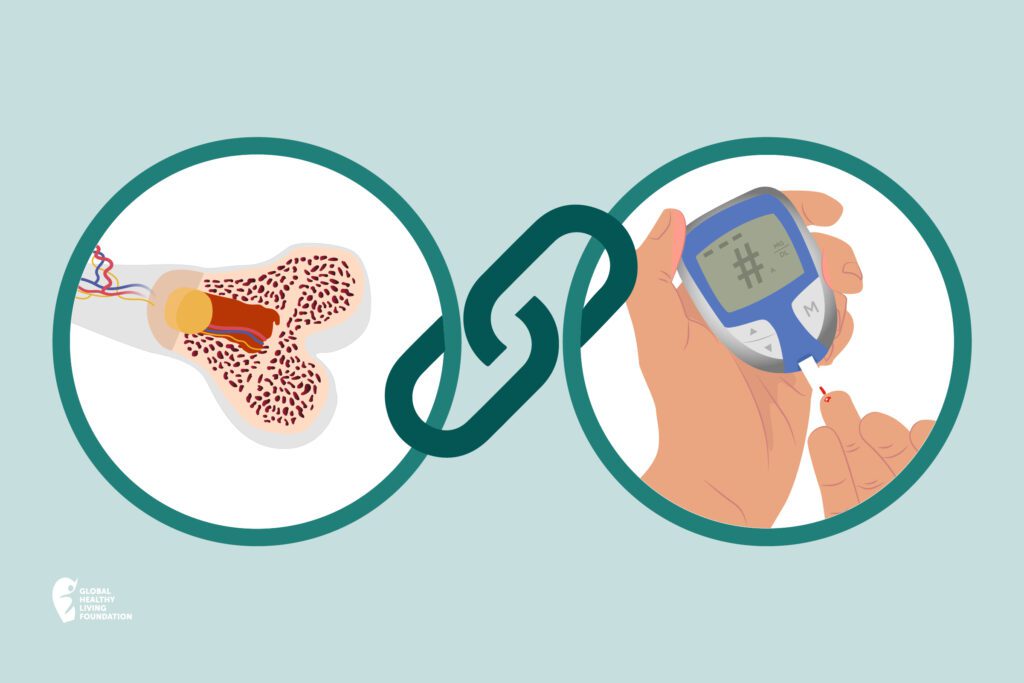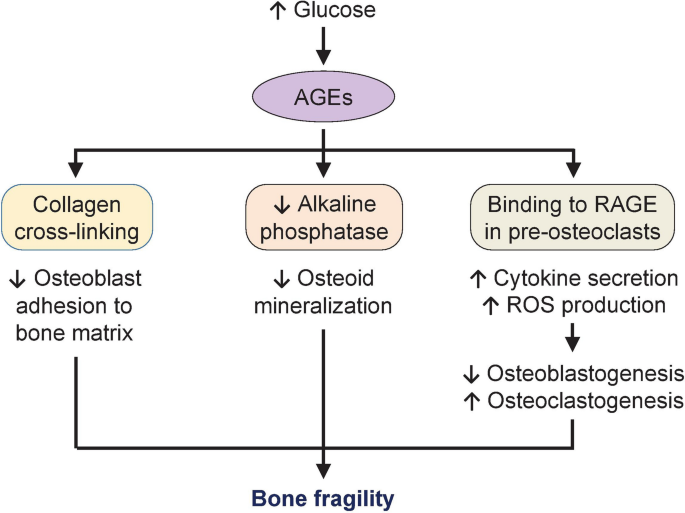Understanding the Link Between Diabetes and Bone Health - Dr Markandaiya Acharya
In recent years, research into the relationship between diabetes and bone health has yielded intriguing insights. This article aims to delve into the intricate connection between diabetes and its impact on bone mineral density (BMD) and bone structure. We will explore the latest findings, shedding light on the potential mechanisms and implications of this association.
Diabetes and Bone Health: An Unveiled Connection
The connection between diabetes and bone health is a subject of growing interest among researchers and healthcare professionals. Diabetes, a chronic metabolic disorder characterized by elevated blood glucose levels, has long been associated with various complications such as cardiovascular diseases, neuropathy, and retinopathy. However, its influence on bone health has only recently gained prominence.
The Role of Insulin and Bone Health
One key factor in understanding the relationship between diabetes and bone health is insulin. Insulin is a hormone produced by the pancreas that plays a pivotal role in regulating blood sugar levels. In individuals with diabetes, either the body does not produce enough insulin (Type 1) or the cells become resistant to its effects (Type 2).
Interestingly, insulin receptors are not only present on fat and muscle cells but also on bone cells, including osteoblasts and osteoclasts. Osteoblasts are responsible for bone formation, while osteoclasts are responsible for bone resorption. This presence of insulin receptors on bone cells raises questions about the potential impact of diabetes on bone metabolism.
The Impact on Bone Mineral Density (BMD)
Bone mineral density (BMD) is a crucial parameter in assessing bone health. It measures the amount of minerals, primarily calcium and phosphorus, in bone tissue. A decrease in BMD is often associated with a higher risk of fractures and osteoporosis.
Recent studies have indicated that individuals with diabetes may experience alterations in BMD. These alterations can manifest as reduced bone density, potentially increasing the risk of fractures. Factors contributing to this phenomenon include hyperglycemia, oxidative stress, and inflammation, all of which are common in diabetes.
Beyond BMD: Changes in Bone Structure
While BMD is a fundamental aspect of bone health, it is essential to recognize that diabetes can also affect bone structure. Bone structure refers to the organization of bone tissue at a microscopic level. Alterations in bone structure can compromise bone strength and integrity.
Research has suggested that diabetes may lead to changes in bone microarchitecture, including alterations in trabecular and cortical bone. These changes can weaken bones and make them more susceptible to fractures.
The Complex Interplay of Factors
Understanding the impact of diabetes on bone health is not a straightforward task, as it involves a complex interplay of various factors. These factors include:
- Glycemic Control:
Maintaining optimal blood sugar levels is critical for overall health, including bone health. Poorly controlled diabetes can lead to increased bone fragility.
- Hormonal Changes:
Diabetes can disrupt the balance of hormones involved in bone metabolism, such as insulin, parathyroid hormone, and calcitonin.
- Inflammation:
Chronic inflammation, often seen in diabetes, can have detrimental effects on bone tissue and may contribute to bone loss.
Implications and Future Directions
As we continue to unravel the intricate relationship between diabetes and bone health, it becomes evident that comprehensive care for individuals with diabetes should extend beyond glycemic control. Healthcare providers should consider bone health assessments and interventions to mitigate the potential risks associated with bone density and structure changes.
In conclusion, diabetes does appear to have a significant impact on bone health, affecting both bone mineral density and bone structure. As research in this field progresses, a deeper understanding of the mechanisms underlying this connection will enable us to develop more targeted strategies for preserving bone health in individuals living with diabetes.




Comments
Post a Comment